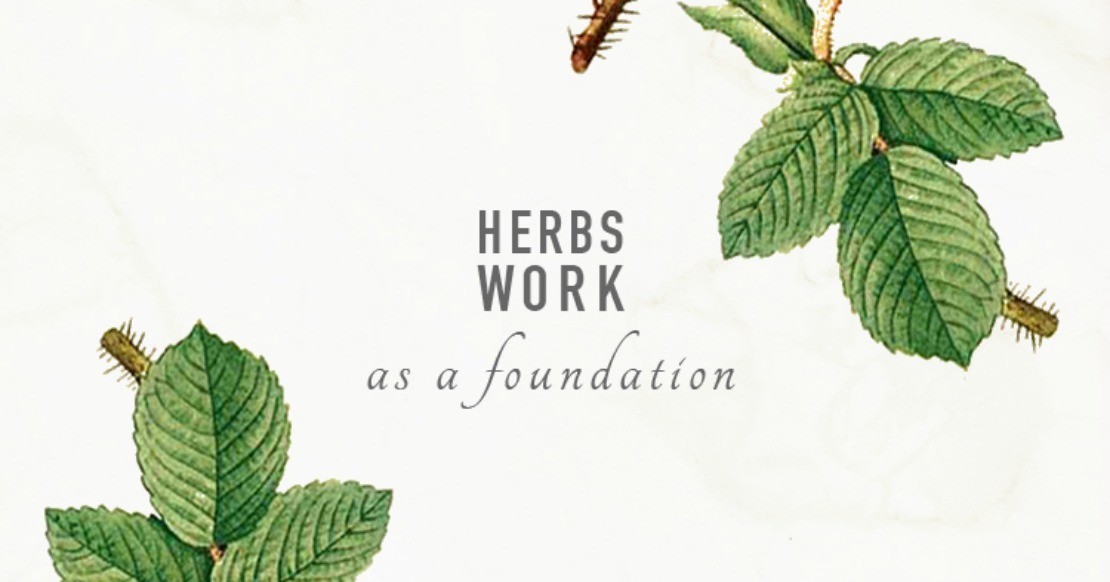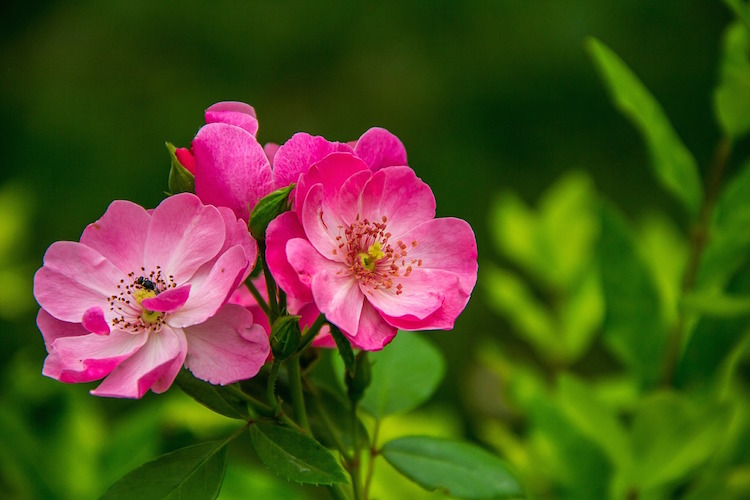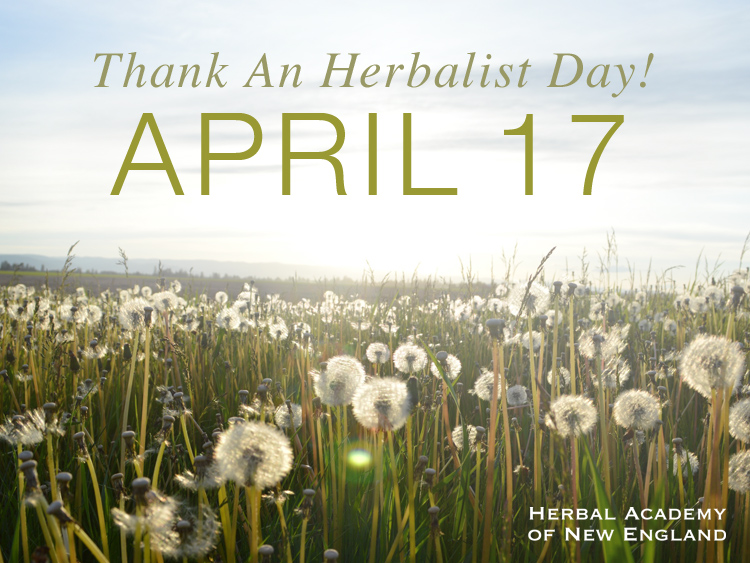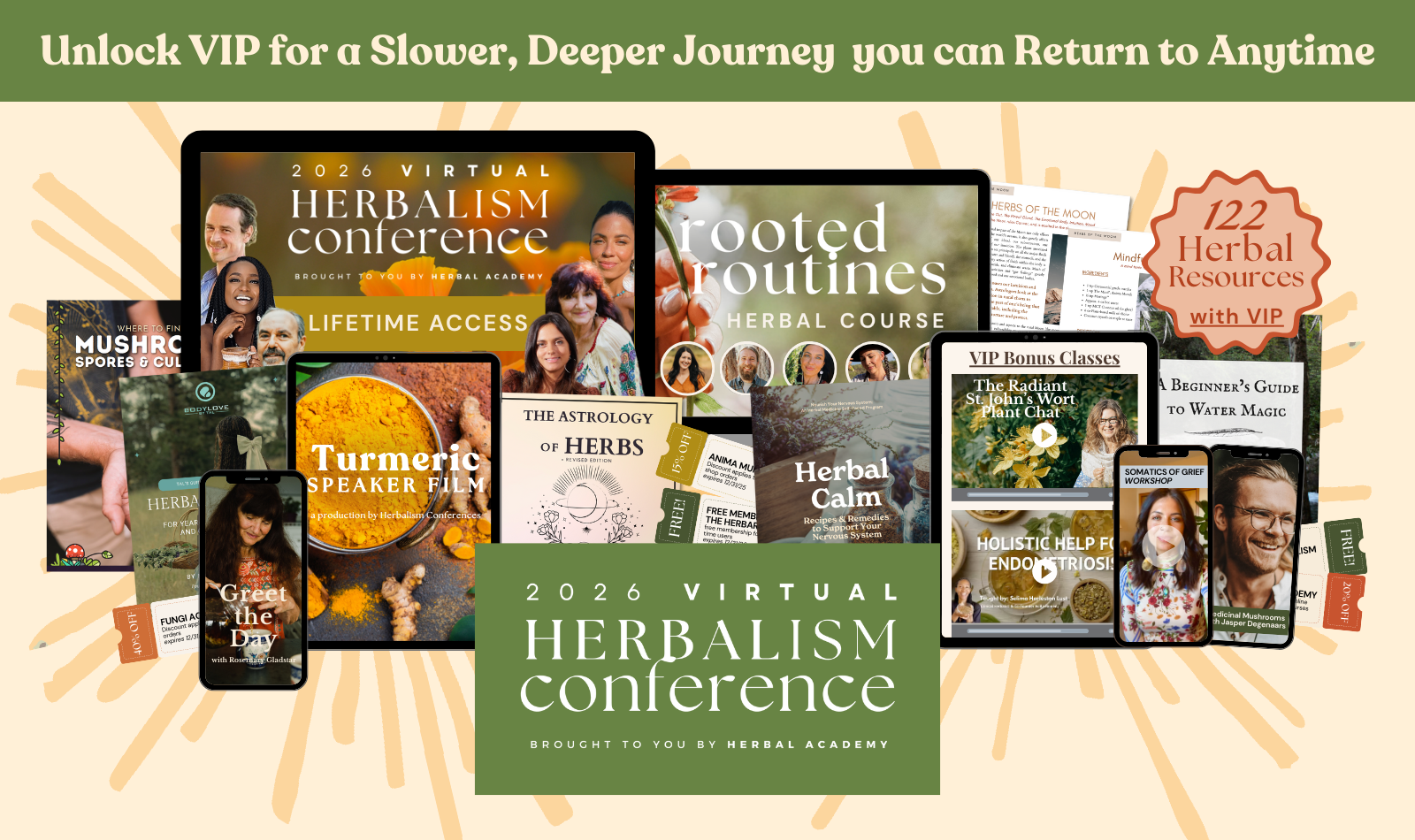
Herbs Work as a Foundation
One of the most beautiful roles we fill as herbalists is that of teachers. In a way, it really doesn’t matter what path we take as an herbalist – we are always teaching. We may feel that we are the only real student we know, especially if we are self-taught or lifelong learners of the herbal arts and have never formally taken on apprentices or stood in front of a classroom. Yet whether we realize it or not, we have informal students – observers in our closest friends and family – and the knowledge we gather is a foundation that others absorb and build upon. As a family herbalist, our children watch and learn from us even when we think our words fall on closed ears. What foundation are we passing on to those who learn from us?
Grounded in Truth
Because we are always teaching, it’s important for our knowledge to be grounded in fact. We must learn to tell when information is reliable, and develop the wisdom to see when it is driven by ego or has the potential to harm. Where is our teacher speaking from? We must listen for inconsistencies and implausible promises. We must watch for pride, and notice when someone comes from a place of true humility. If we look deeper into a matter and search for studies and scientific research, we must learn to look at how the study was funded, who was behind the research, and why. We must be careful only to pass on information we have thoughtfully examined so that others have a foundation grounded in truth.

Imparted with moderation
We must avoid extremism of all types, and look for the truth in all ways. Everyone can recognize extremism. Extremism is building herbs up too high – an endless stream of positives with no cautions and no negatives.
Extremism is words like “cure” and “treat,” false promises and purported miracles.
At the other end of the see-saw, extremism is tearing herbs down – “it’s just a plant” “that’s a load of bunk.” “Herbs don’t work, ever – I tried one. . . once.”
Sometimes, extremism comes in thoughts like “all herbs are natural, so they must all be safe!” or conversely “plants aren’t regulated, so they are all dangerous!”
Where exactly is our foundation in all of this? It lies in understanding that herbs have limits in what they can and cannot do, that there are rules to observe in order to use herbs safely. For every statement and opinion there are degrees of truth and a spectrum of possibilities. Our foundation should be laid out with plumb line to make sure it stays centered.
Examined with an open mind
As we continue to learn and grow as herbalists, sometimes we will realize that we have made mistakes. Being able to admit when we are in error and reorient ourselves to new information is an important lesson – not just in herbalism, but in life. If we act with grace and honesty, our students will learn that mistakes are part of being human and are no cause for shame. They are nothing more than another learning experience, and we are all students.
If our path is grounded in truth, we lessen the chances that our mistakes will harm ourselves or others, but it is still important to examine and reexamine even the knowledge and lore that we hold dearest to our hearts. In doing so we will continually be participants in the cycle of student/teacher/student, and the foundations we build and help others build will become a thriving, living tradition fed by relationships and exchanges of experience.

What foundations are you building?
Sometimes it’s good to stop for a moment to examine your own herbal foundations and think about what knowledge you are unconsciously passing on to others. It can be helpful to look at what you might want to consciously focus on strengthening or how you wish to grow on your herbal path.
If I could sum up the three things that are my foundations and that I would most love to pass on to others, they would be these:
- Plants are always close to home. Often, we have what we need at our fingertips. We should work carefully to create sanctuaries that safeguard the herbs we partner with, and create legal protections for ourselves when necessary to ensure our traditional birthright to seek out plants for health stays intact.
- Living with and in our bodies is an experience that can be appreciated. It’s not a race to the health finish line or blind surrender to other’s ideas of what is right for us. Herbalism is personal. We can learn to take responsibility for our health and our lives a little at a time. Our process and craft can unfold slowly and beautifully in their own time, blossoming alongside our health.
- Life is a balancing act. We do what we can with herbs. Sometimes it is enough, sometimes it isn’t. Sometimes we need help from other places, and that’s okay. Knowing when to build on our herbal foundations with modern medical care and other supportive therapies is a skill that we should build alongside our other herbal skills. It is my hope that we will have an ever increasing number of herbalists and doctors willing to act as bridges between worlds, but in their absence I hope that we may learn to be our own advocates.
The foundations of herbal experience that we each bring to the table are as unique as our fingerprints, as our personal stories, and as our voices. What foundations of your herbal experience would you most like to pass on to your students, family, and children? Share with us in the comments!

Thank an Herbalist Day
Do you have a special person in your life who has helped you build your herbal foundations and shared their hard-won wisdom? Someone who has influenced your journey with plants in a way you will never forget? Herbalists do what we do because we love it, and simply being allowed to serve is an immense reward for us. But we all know that April 17th is Thank an Herbalist Day! It’s the perfect time to reach out to your favorite herbalists and mentors to let them know how much they mean to you and how they have made a difference in the lives of others.
We are a loose affiliation of lore keepers, a tight knit community of friends, and a worldwide society of plant lovers – we are all teachers, and we are all herbalists, even if we think we are only students. So get ready and don’t be shy! Send a letter, write a note, give a shout-out to your herbal heroes on your fav social network, or find another small way to share the herbal love next week. We’ll be posting some great ideas for Thank an Herbalist day here on the blog and on our Facebook and Twitter pages, so be sure to stay tuned! In the meantime, if you are feeling lost and without a community of other herbalists for sharing ideas and wisdom, come check out The Herbarium and Online Herbal Learning Courses! We would love to help you get started on your herbal path, help you deepen your herbal knowledge, and welcome you into our community of herbal learners!









